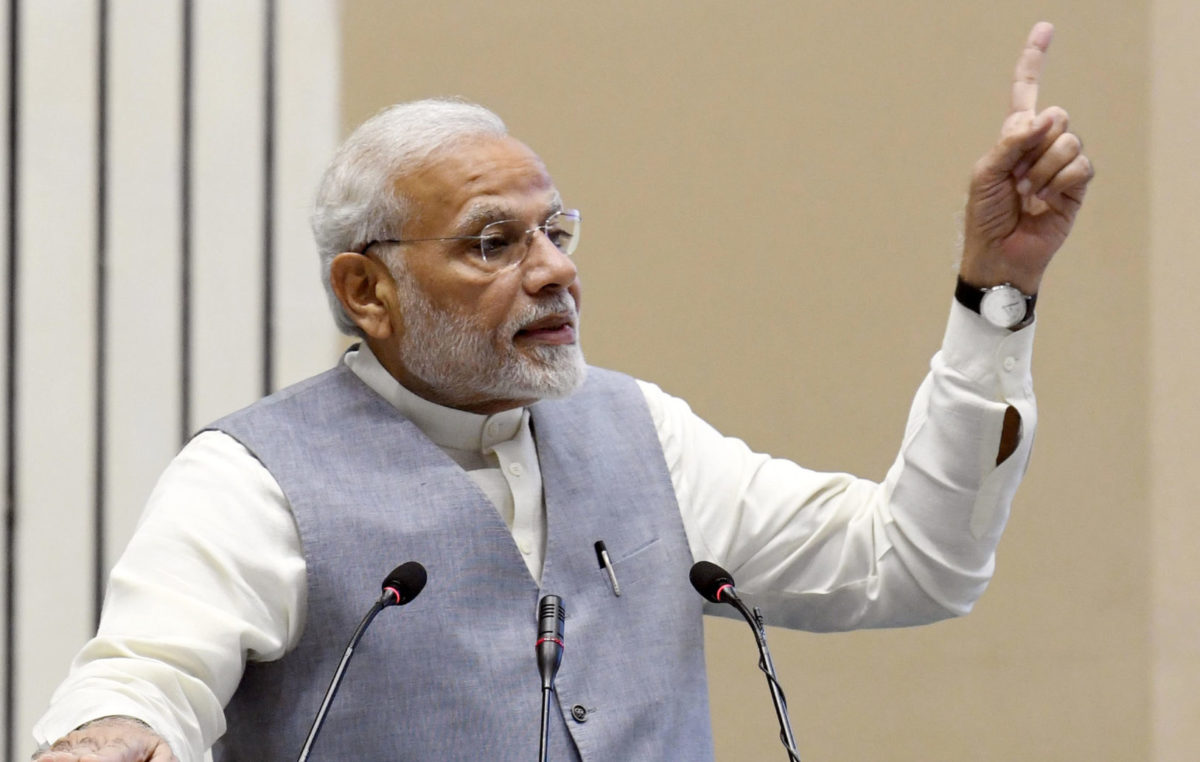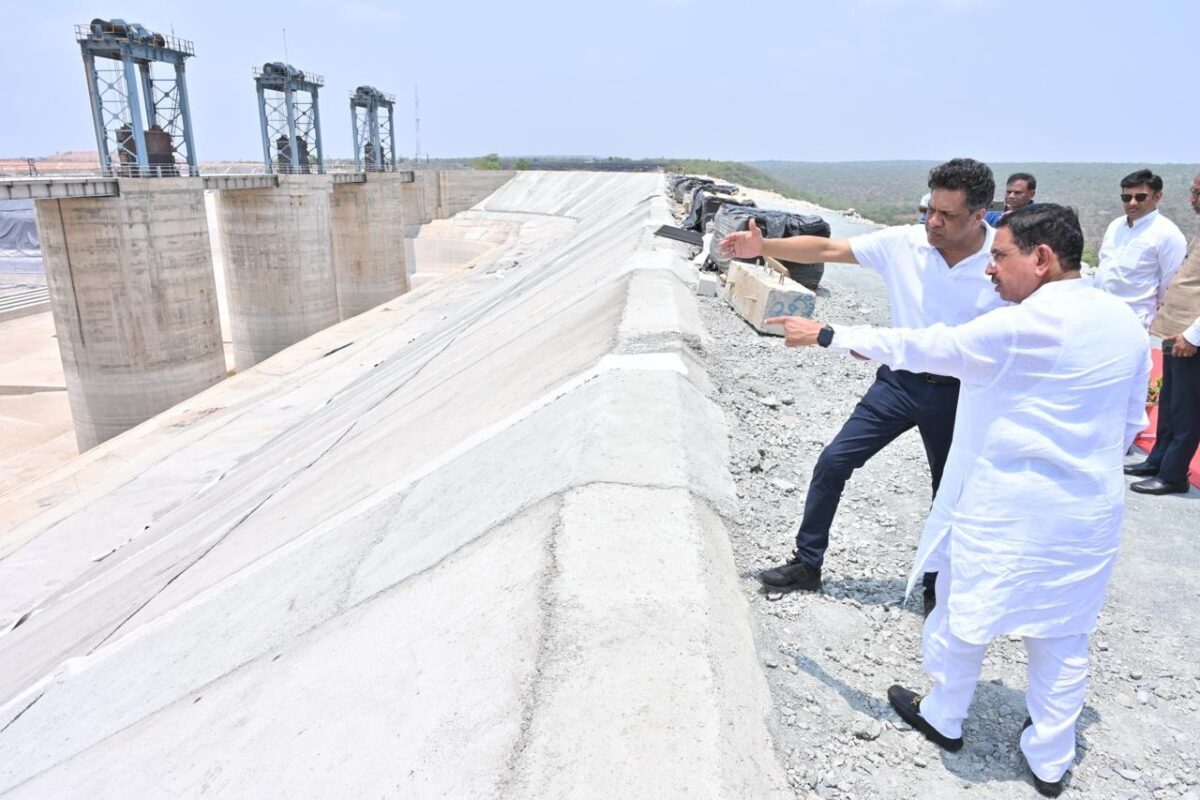With Narendra Modi’s BJP party securing a stunning, huge mandate for its second term, the calls from Indian solar manufacturers for protectionist measures to be applied to solar imports have become more strident.
Sunil Rathi, director of module manufacturer Waaree Energies, told pv magazine: “We expect the government to continue their support, with primary focus on domestic manufacturers. As the safeguard duty, which brought about interim relief in the industry, is expected to expire within the year, we believe that the much anticipated anti-dumping duty on solar modules is [the] need of the hour … Taking [a] cue from the recent developments, we believe that the primary focus would be on reducing the import of solar equipment from foreign countries such as Thailand, China and Vietnam, thus strengthening [the] rupee’s denomination and contributing to the nation’s GDP.”
Fellow module manufacturer Vikram Solar made a more measured call to focus on domestic manufacturing. Amit Gupta, director for legal and corporate affairs, told pv magazine: “With the NDA government returning to power, we are hopeful that it will complete the agenda of implementing reforms to promote domestic manufacturing industry that has a potential to create significant jobs in the country.”
Global tariffs escalating
The call for tariffs on solar imports comes in a period when stock markets are watching closely as the trade war between President Trump and Beijing escalates, and follows news such measures will now apply to Turkish modules imported by the U.S. and that South Africa is considering similar measures to protect its own manufacturers.
But it was not only tariffs that were on solar sector minds as the dust settled on the world’s largest democratic vote, with industry figures praising Modi’s track record to date on PV and calling for a push on electric vehicles and solar rooftops.
Waaree’s Rathi said a “key focus on the adoption of solar solutions by the transport sector, specifically electric vehicles, is expected to yield results”. Calling for public sector bodies to procure goods and services from Indian suppliers, he added: “With technological evolution leading the sustainable efforts of the country, we are confident that when implemented, the government will help attain energy security and generate employment.”
Raising the roof
Nikunj Ghodawat, chief financial officer of solar developer and rooftop specialist CleanMax Solar said private companies must be afforded access to the Indian power market.
“We expect that [the] second term mandate to [the] NDA will give required emphasis to further ease private sector participation in [the] power sector by amending the Electricity Act and reforms to discoms [power distribution companies]. We also need national level policy to harness [the] immense potential of rooftop solar in India. We believe such measures will attract additional capital in the sector and help [the] government achieve its ambitious renewable energy target.”
This content is protected by copyright and may not be reused. If you want to cooperate with us and would like to reuse some of our content, please contact: editors@pv-magazine.com.









By submitting this form you agree to pv magazine using your data for the purposes of publishing your comment.
Your personal data will only be disclosed or otherwise transmitted to third parties for the purposes of spam filtering or if this is necessary for technical maintenance of the website. Any other transfer to third parties will not take place unless this is justified on the basis of applicable data protection regulations or if pv magazine is legally obliged to do so.
You may revoke this consent at any time with effect for the future, in which case your personal data will be deleted immediately. Otherwise, your data will be deleted if pv magazine has processed your request or the purpose of data storage is fulfilled.
Further information on data privacy can be found in our Data Protection Policy.